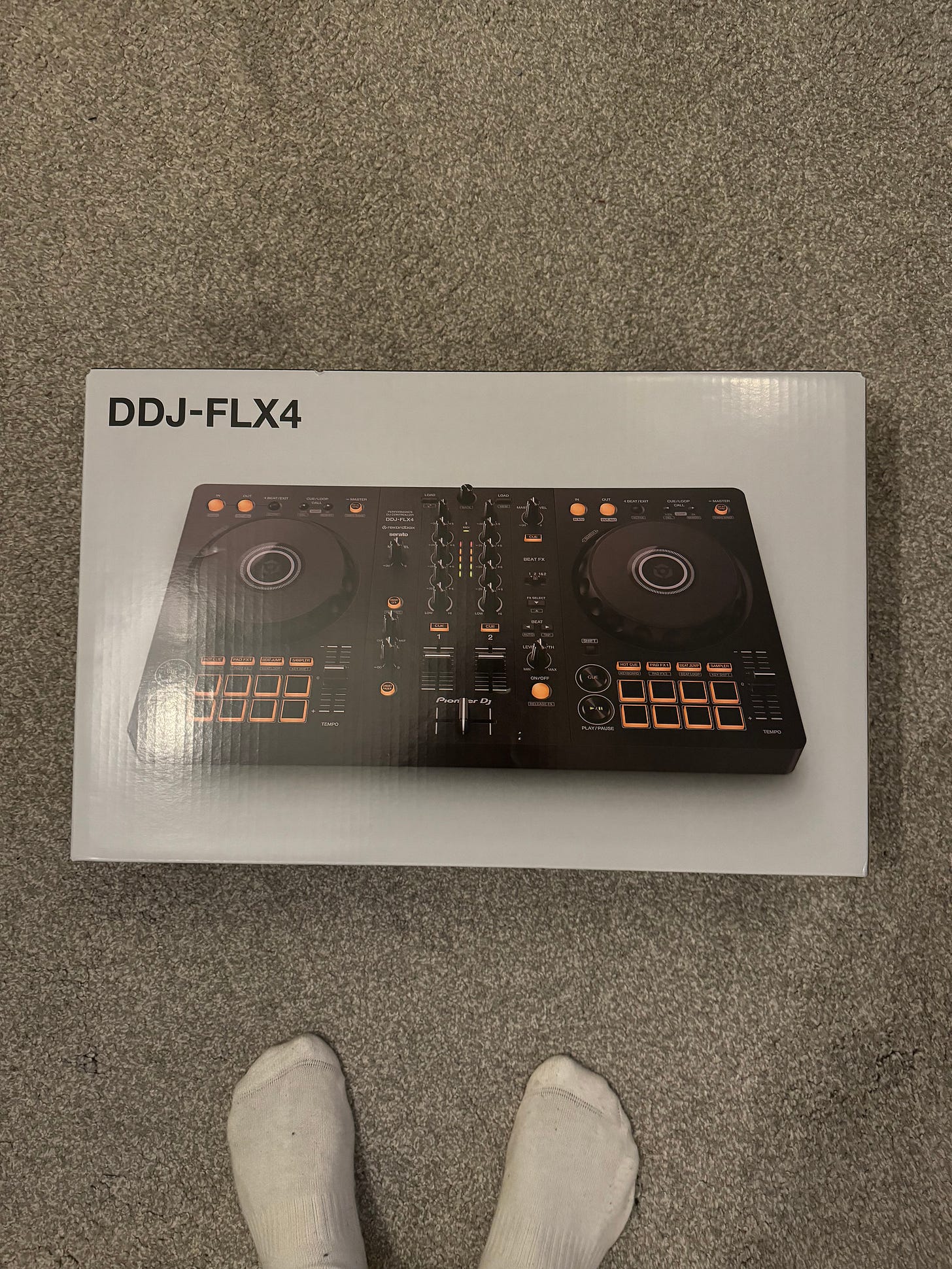Learning’s Cool, but Doing Is Better
If I learn something and don’t get the opportunity to apply it, it feels like I never learned it at all. The knowledge just kind of sits there, somewhere in my subconscious, fleeting and intangible. And fleeting knowledge? It’s as good as reading the back cover of a book—just enough to know the gist, maybe the author, maybe the summary, but nothing that truly sticks.
I’ve noticed this with books. I could read the same one five times and still only have a few key insights stick with me. That’s why I’ve been toying with this idea of curating a list of my top 100 books. Just those. Revisit them over and over, and stop chasing new ones all the time. Make an exception here or there, but otherwise, keep the focus tight.
Real Projects Beat Tutorials Every Time
It feels like the same thing applies to learning. The first time I tried Adobe Premiere Pro, I remember how overwhelmed I felt. I watched tutorial after tutorial, but none of it clicked. Then, the moment I had to edit a video for a project, everything changed. I found my way around the software, not because I suddenly understood it better, but because I didn’t have a choice. The work demanded it. Seven years later, that feeling still sticks with me.
And I think this is the point I’m trying to get at: doing is what makes knowledge stick. Not in a general sense, not in the “someday this will be useful” sense, but in the now. The moment you need it.
Now, I know some people will say you don’t always need to tie learning to a purpose. That you can learn for the sake of it, out of curiosity. And maybe that works for them. But for me? It’s never enough. I’ve started so many things—coding, DJing, even cooking—that went nowhere because I didn’t have a reason to push through the hard parts. Curiosity gets you to the start, but purpose gets you to the finish.
The Power of Real Stakes
This year, I bought a DJ controller because I wanted to learn to mix. I downloaded the software, played around with it for a few weeks, and then let it sit there. Meanwhile, my friend AK also wanted to learn DJing. But she got a gig—an actual event where she had to play. And guess what? She learned. She didn’t have the luxury of letting the controller collect dust. She had to figure it out because people were counting on her.
I think about this a lot: how learning needs to be tied to something real. Not just deadlines but stakes. It doesn’t have to be high pressure, but there has to be a reason to care. Without that, it’s easy to get stuck in a loop of tutorials and practice for the sake of practice.
And honestly, there’s something about practice for its own sake that feels empty to me. Sure, deliberate repetition is great, but without a context—without a project or problem to solve—it doesn’t feel real. It’s the difference between cooking a meal for a guest and just experimenting for fun. The stakes make it stick.
Even with coding, I felt this. I always wanted to learn but never did much with it until I decided to build something. When I found out you could code with AI, I jumped on it. My first product, Resource Saver Pro, took me two months. Two months of Googling, breaking things, prompting ChatGPT, and trying again. It was frustrating, and honestly, the product itself isn’t that great. But what I learned during that process? I couldn’t have gotten it any other way.
By the time I built my second product, it only took me two weeks. The third? A weekend. And no, none of these are perfect. They’re not supposed to be. The grind of the first one—that’s what matters. It’s a rite of passage.
Which is why I was going to actually write a step-by-step article and do a video on how I build stuff with AI. But to be honest, I don’t think it’s going to help most people. It might just be another video and article out there. If you want to learn, there are plenty of resources already. But if you’d like me to help, maybe tell me what you want to build, and I can walk you through what my process looks like. Otherwise, you probably don’t need it right now. When you do, you’ll figure it out—because there’ll be a deadline.
Sometimes I wonder if I should have started with a stronger foundation. Maybe more structured learning, more focus on the basics. And sure, there’s value in that. But I don’t think I would’ve learned half as much without the action. Doing forces you to wrestle with the gaps in your knowledge in a way studying never does. It’s messy, and it’s not always efficient, but it works.
I get that some people might see this differently. Maybe they’d say tying learning to deadlines or stakes adds too much pressure. And they’re not wrong—pressure can be a lot. But it’s also what makes you show up. It’s what forces you to stop thinking about how to start and actually start. And I don’t think the pressure has to kill the joy. The joy comes later, when you look back and see how far you’ve come.
The funny thing is, knowledge feels good, but action transforms it into something real. Deadlines and stakes make the abstract urgent. They strip away hesitation and force the kind of focus that only comes from doing. The rest—the gaps, the mistakes, the breakthroughs—falls into place along the way.



